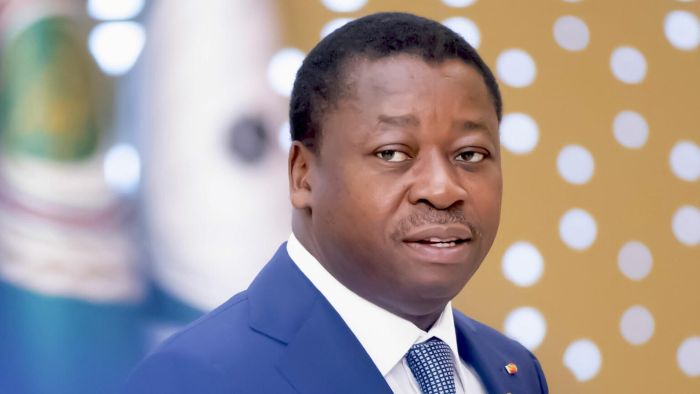(3 Minutes Read)
The establishment of the Senate represents the last step before the implementation of the new Constitution, which was enacted in May by President Faure Gnassingbé, who has been in power since 2005, succeeding his father, who ruled for nearly thirty-eight years.
The Union for the Republic, led by President Faure Gnassingbé, secured 34 out of 41 seats in the recent election aimed at transitioning to a parliamentary system.
In Togo, the ruling party claimed 34 of the 41 Senate seats, as announced by the electoral commission on Sunday, February 16, following the vote that marked the final phase of a controversial constitutional reform criticized by the opposition.
The establishment of the Senate represents the last step before the implementation of the new Constitution, which was enacted in May by President Faure Gnassingbé, who has been in power since 2005, succeeding his father, who ruled for nearly thirty-eight years.
This prime minister is Faure Gnassingbé, whose party, the Union for the Republic (Unir), won a significant victory in the April legislative elections (securing 108 out of 113 seats) and is expected to be appointed prime minister once the Senate is established. Both deputies and senators will elect the president of the Republic.
Read Also:
https://trendsnafrica.com/togo-may-join-aes-speculation-ripens/
The opposition and civil society criticize this reform, arguing that it allows Faure Gnassingbé to remain in power indefinitely, whereas the previous Constitution limited him to one last term in 2025.In total, 1,527 municipal councilors and 179 regional councilors were set to elect the senators on Saturday.





